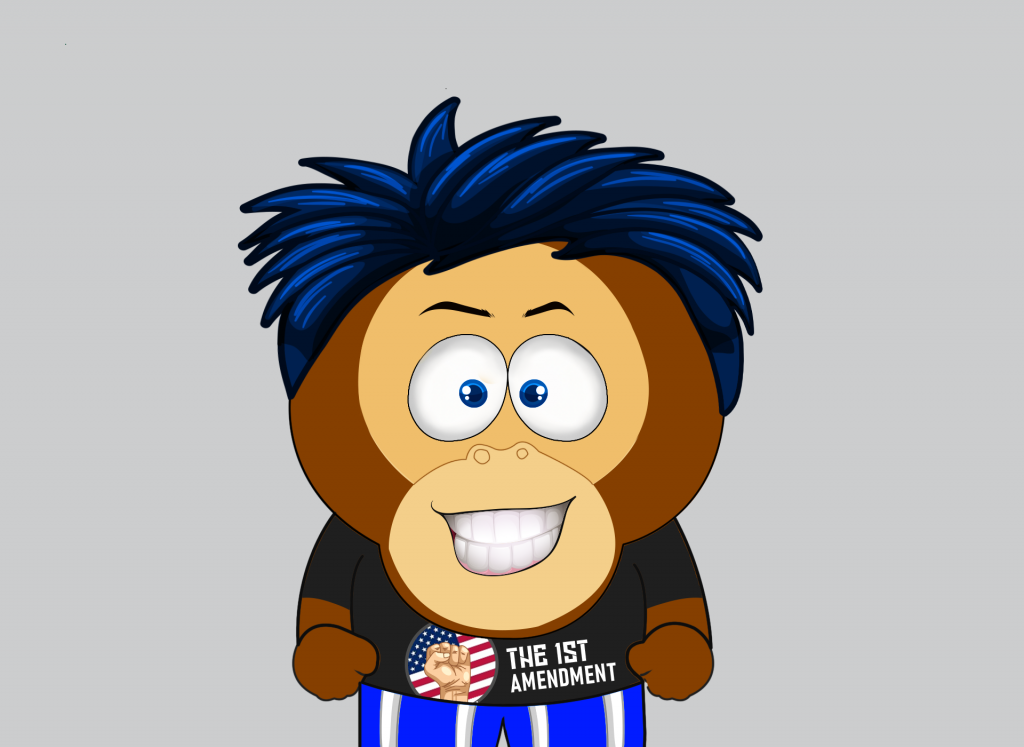Social media platforms have become a part of our everyday life. This kind of activity is critical for developing social ties and providing an outlet for open discussion on political and social issues. It may also help improve a variety of thought while increasing democratic involvement.
On the other hand, abuse of expressing oneself may have a wide range of negative implications, including interference with individual rights and the operation of democratic institutions. According to the International Federation of Human Rights, data mining, profiling, and micro-targeting, all supported by increasingly sophisticated artificial intelligence systems, pose a danger to human dignity and open the way to covert manipulation of individual behaviour or public opinion.
Owing to social media’s advent, the protection of free expression has taken on new significance. In many cases, people have the ability to remain anonymous when they express themselves — this is not always a negative thing, particularly in countries where criticizing the government might put you or your family in danger. Alternatively, you may want assistance with a private medical problem.
However, social media enables users to bully, harass, threaten, or stalk others while remaining anonymous.
Social media also provides a platform for everyone.
Once again, this is not a negative development in and of itself. Non-stop sharing of ideas, as well as quicker and more affordable connections, enable us to trade ideas and develop new things as a result of the Internet. However, technology also provides people with the opportunity to quickly disseminate false information, which may be harmful to both individuals and society overall.
Freedom of Speech – a fundamental human right
Having the ability to exercise these rights freely and without fear of being interfered with, is essential to living in an open and fair society, one in which individuals may obtain justice and enjoy their human rights.
The right to freedom of speech is grounded in Article 19 of the Universal Declaration of Human Rights, which outlines in general terms the human rights that each of us is endowed with by our Creator. Later, a slew of international and regional accords were signed to provide legal protection.
As they developed, social media platforms became important forums for disseminating and transmitting information and news concerning political and civic events and other topics. Citizens are no longer the terminal point on a line in the news delivery circuit, but rather a node in a larger network of interconnected devices. Consequently, social media have evolved into an extension of the old public sphere, a new “digital public sphere,” where civic and political concerns are brought into the open and discussed by everyone.
The question is whether or not freedom of speech is still regarded as important in the times we live in.
Do individuals still want others to be able to express themselves freely, even if the point of view conveyed is a contract with those who they support in their political beliefs?
Is it still encouraged for individuals to express and promote their beliefs and thoughts in a free and unrestrained manner, so long as it does not incite aggressive behavior?
Today’s social media platforms have developed a tendency of restricting information based on subjective judgments and promote the work of writers who have written about controversial topics.
Grounds for infringing freedom of speech on Social Media
The right to express oneself and distribute information and ideas via social media must be granted to both individuals and organizations. However, there is a widespread consensus that free expression is not absolute, but rather is constrained by other human rights and basic freedoms.
The most contentious topics nowadays that bring attention to these lines of demarcation are incitement of unlawful behavior, such as terrorist propaganda, incitement to violence to aggression or discrimination, hate speech, and information disorder.
Whilst it is evident that society and people must be safeguarded from the aforementioned threats, any action taken by governments or Internet companies is fraught with complications and must overcome technological and legal obstacles, as well as the potential to impair civil freedoms. Furthermore, although the illegal character of content published on social media may seem evident in the majority of situations, it is not always easy to determine what constitutes criminal activity.
Comprehending the processes of blocking free expression
To begin, there is the more well-known kind of direct censorship, which refers to cases in which social media companies remove postings from their platforms, limit account activity, and/or suspend accounts as a result of suspected infractions of certain “community norms.” These laws say their detractors, are motivated, at least in part, by a desire to suppress political discourse.
In a similar vein, trolling tactics among users themselves constitute the second sort of activity that impairs free expression.
Harassment, misinformation, and disproportional spread of one political viewpoint are all examples of private users’ behaviour that violates free speech under both the marketplace framework and the free-speech-as-right idea, and they should be addressed. Strangely enough, the second type of challenge to free speech actually justifies the first type of challenge to free speech. If we consider platforms’ censorship practices as merely an effort to ensure a level playing field, such practices become justified for utilitarians, provided that the platforms can be impartial and free of governmental influences.
Self-censorship – the extent of social media constraints
Due to the fear of getting into trouble for saying something wrong or causing offense, many are abstain from voicing their opinions. After all, there are numerous examples in the media of people losing their jobs, being ‘canceled,’ being hated on Twitter, and simply becoming a persona non-grata for expressing opinions that are not in line with current orthodox practices, to name a few examples.
Individuals who use the internet are routinely exposed to the possibility of misuse of the information they share on the internet, which may raise their sense of vulnerability
Blockchain – a weapon against Freedom of Speech Restriction
A key element of the cryptocurrency and blockchain communities’ raison d’être is censorship defiance, which puts them in a unique position to place a high priority on free expression. In order to tackle the prevalence of freedom of speech restrictions, some attempts to do this have been represented by the textual material into NFT and providing the author with the opportunity to be compensated by people who find the information they have written to be beneficial.
We’ve detailed our approach when it comes to freedom of speech, blockchain, and social media within our white paper. Click here to read it.



